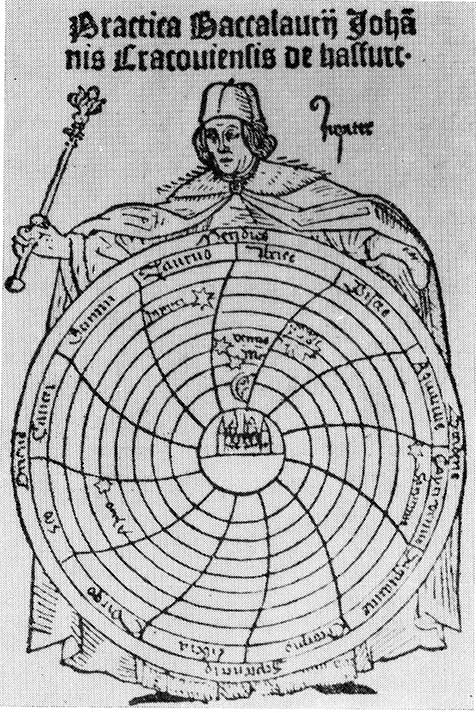Kalendarze Uczone, ciekawe i…
Między licznymi kalendarzami i kalendarzykami ukazywały się również: „Kalendarz uczony, ciekawy i pożyteczny”, „Kalendarz teatrowy dla powszechnej narodu polskiego przysługi”, „Kalendarz uniwersalny pod znakiem Słońca”, „Kalendarz krakowski” (ale też — „warszawski”, „wileński”, „supraślski”, „benedyktyński”), „Przewodnik warszawski”, „Klucz prognostykarski”, „Rok niebieski”, a nawet takie jak „Miasto bez zmazy, śś. Pańskich jasnością ozdobione”, „Maria od Eliasza Proroka w obłoku przewidziana, a w berdyczowskim obrazie ukoronowana, łask niebieskich rosę zlewająca”, „Judyt nieprzyjaciół wojująca… orszakiem świętych otoczona” czy „Kolęda dla kochanków, czyli kalendarz dla dam i kawalerów”. Niektóre z nich miały wydania jednorazowe, niektóre — ukazywały się przez kilka lat. Były jednak i takie, których żywot wydawniczy trwał dziesiątki, a nawet setki lat (takim długowiecznym rekordzistą był np. „Klucz prognostykarski”, wydawany przez bazylianów w Supraślu od początku XVIII do końca XIX w.).
Początkowo prym w kalendarzowych wydawnictwach wiódł Kraków. Od XVIII w. — Warszawa. Kalendarze ukazywały się również w innych miastach: w Zamościu, Supraślu, Sandomierzu, Grodnie, Wilnie, Lwowie, Poznaniu, Lublinie, Królewcu, Płocka, Częstochowie, Kaliszu, a nawet w Braniewie. Ze względu na wielonarodowy i wielowyznaniowy charakter państwa — były one nie tylko „polskie”, lecz również „litewskie” i „ruskie”. Podawały kalendarium nie tylko według „nowego stylu” (gregoriańskiego), ale i „starego” (juliańskiego). Ponadto — kalendarium mahometańskie i żydowskie. Słowem — adresowano je do wszystkich mieszkańców ziem polskich.
Informowały o sprawach polskich i obcych, nie unikały jednak spraw drobnych, dziwnych, ciekawych. Mocną ich stroną były zwłaszcza działy lekarskie, czyli „lekarstwa różne domowe”, ewentualnie „miscellaena niektóre o człowieku” lub po prostu „rady dla zachowania zdrowia i życia”.
Ale najciekawsze były „różne sekreta”, z których można się było dowiedzieć: „gdzie pieprz rośnie” i „balsam się rodzi”, gdzie feniksy i białe niedźwiedzie, smoki i „dzieci siwe”, a także rozmaitych przepisów „na kołtun”, „na ból głowy”, „febrę codzienną”, „morowe powietrze”, „trucizny i jady wszelkie” oraz „kaduk, czyli wielką niemoc”. Ale też i takich pożytecznych rzeczy, jak… co robić, „aby się nie zmordować w tańcu i w chodzeniu dalekim”, lub — „aby muchy nie pstrzyły mięsa”.
Kalendarze te uzupełniały kalendarzyki kieszonkowe oraz tzw. memorialiki, także kalendarze ścienne, które w XVIII w. osiągnęły dużą popularność.

